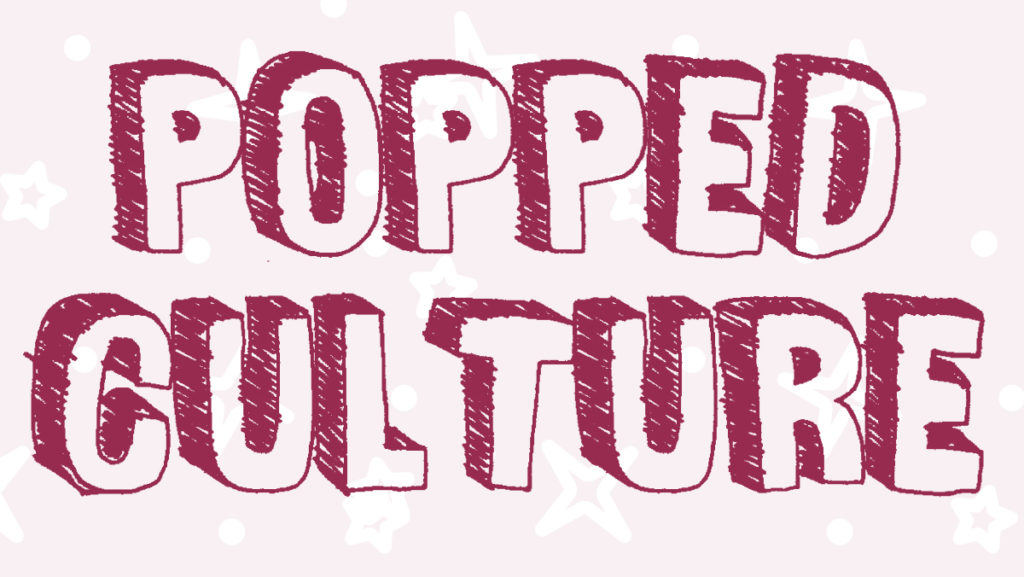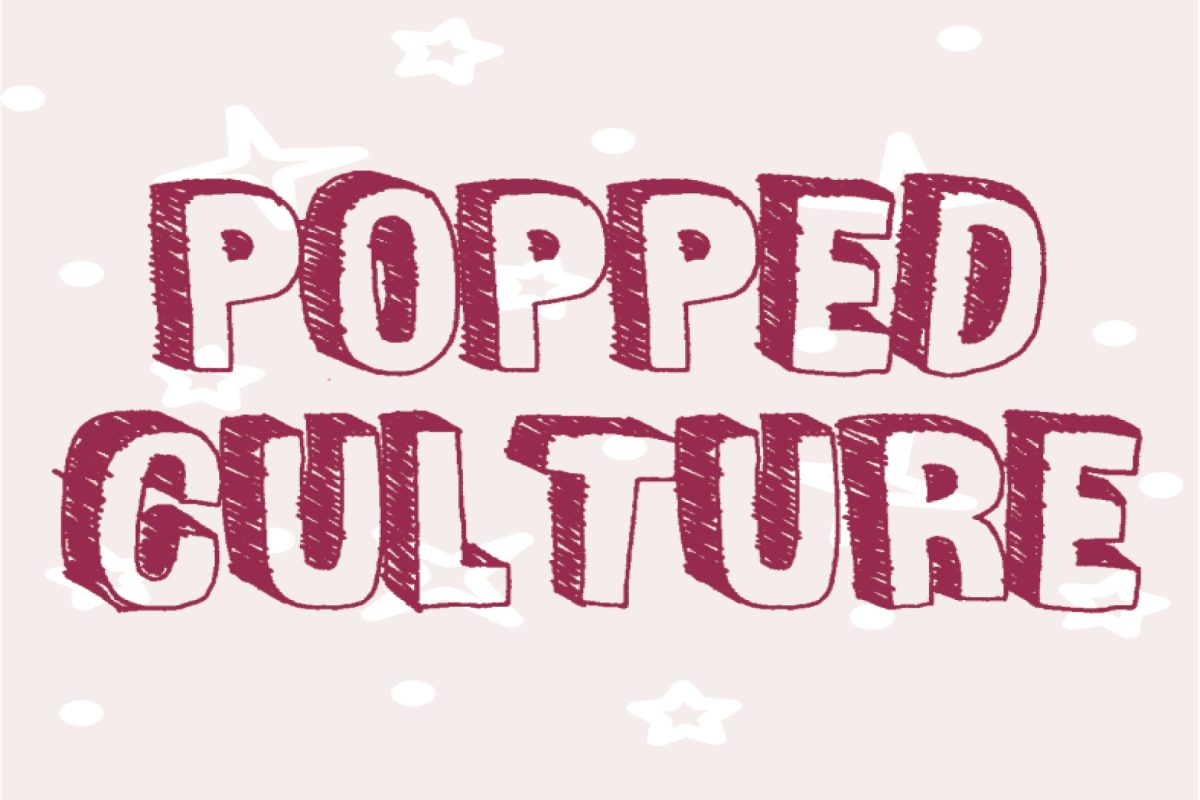Imagine scrolling through TikTok, Instagram or YouTube and coming across a video that features the song “Blinding Lights” by The Weeknd. However, instead of hearing The Weeknd’s voice, the voice of the late Michael Jackson shocks many listeners. But, the main culprit and reason for this unusual experience is because of two words: artificial intelligence.
Manufactured music is nothing new, as most music in the 21st century has some use of AI technology involved in the process like a beat-making tool or, most notably, autotune. However, the main concern surrounding AI is how powerful it is becoming as a tool. Even though AI has had a prominent place in academics with tools like Grammarly and ChatGPT, tools like Boomy and Soundful have allowed almost anyone to make music with little to no talent. While the idea of being able to make music with the click of a button can be a good thing, some might feel that AI-generated music takes away the authenticity music has.
The Motown era, which was from the 1960s–1970s, is defined as one of the most memorable eras in music. This is because timeless songs like “My Girl” by the Temptations and “Ain’t No Mountain High Enough” by Marvin Gaye, are still being played in 2023. Even though there was evidence of AI in the 1950s through Alan Turing’s music-making machine, artists had to use their natural musical abilities to produce some of these songs. Artists could not rely on beat-making tools like Splice, which was created in 2013, and Serato, which was created in 1998. Additionally, the time and work that artists had to put in back then to make sure every beat, instrument and vocal sounded exactly the way they wanted should be noted as well.
Some might say AI is a good thing because it could potentially speed up the process of making music, which means the time that artists spend writing, producing and recording music can be cut in half. Instead, artists could spend more time touring and connecting with fans as opposed to spending months on making songs. BandLab SongStarter, an AI software that generates royalty-free tracks, was made for artists that get writer’s block.
Some artists have either used AI or are open to the possibilities of it. One notable example is the first pop AI album in 2018, “Hello World” by SKYGGE. The album was created with the Flow Machines project, which includes Francois Pachet and other computer scientists. The purpose of this album is to showcase what AI is capable of. New melodies, harmonies and rhythms were created with AI. A year later, in 2019, artist Holly Herndon released “Proto,” an album that Herndon collaborated with her own AI “Spawn.” Both albums received solid ratings with “Hello World” receiving a 3.67 out of 5 on Discogs and “Proto” receiving an 8.2 out of 10 on Pitchfork. This shows that AI-generated music is still well respected among the general public.
One of the most popular uses of AI in 2023 is replicating an artist’s voice on a completely different song. The most prominent example of this is when TikToker Ghostwriter977 made an AI-generated song called “Heart on My Sleeve” that featured artist Drake and The Weeknd’s vocals in April 2023. Despite the song’s popularity, Universal Music Group took action and eventually, the song was removed from streaming platforms like Apple Music and Spotify.
It was confirmed that Ghostwriter977 did submit the song for a Grammy in the best rap song and song of the year categories. However, the song was rejected because the song did not have “generation distribution.” For a song to have “generation distribution,” it must be “available nationwide via brick-and-mortar stores, third-party online retailers and/or streaming services,” according to the Recording Academy.
Recording Academy CEO Harvey Mason Jr. said that even though the work Ghostwriter977 did was creative, he expressed that when it comes to tracks with AI, only the part that was created by a human will be accepted for an award. The explanation Mason gave was that if someone were to create a track and write lyrics but use AI to generate a voice or used it to copy someone else’s voice, only the portion the human created would be considered for an award.
While AI is shown to be a useful tool in the music industry, it can also be dangerous depending on its usage. For instance, someone could potentially generate an entire Drake album that could outperform all of his previous works, leaving him bankrupt. The same thing can apply to any artist, which is why it is important to have specific guidelines for AI music. The guidelines that the Recording Academy has put in place makes the playing ground more for AI-generated music and music that is created by a human being. Eventually, streaming will have to follow suit and provide appropriate guidelines for individuals who want to stream their AI-generated music. Much of AI is still unknown and more will eventually be revealed. But for now, art should still be protected no matter what form it is in.









